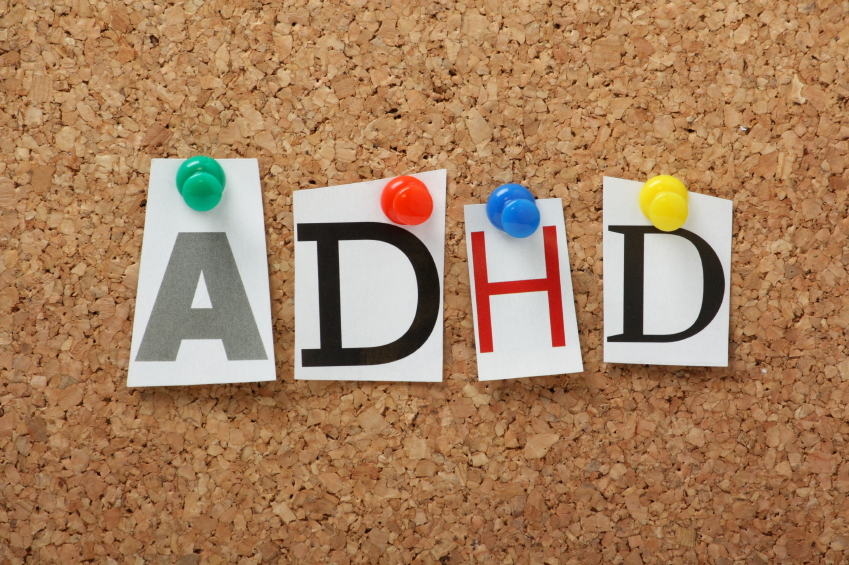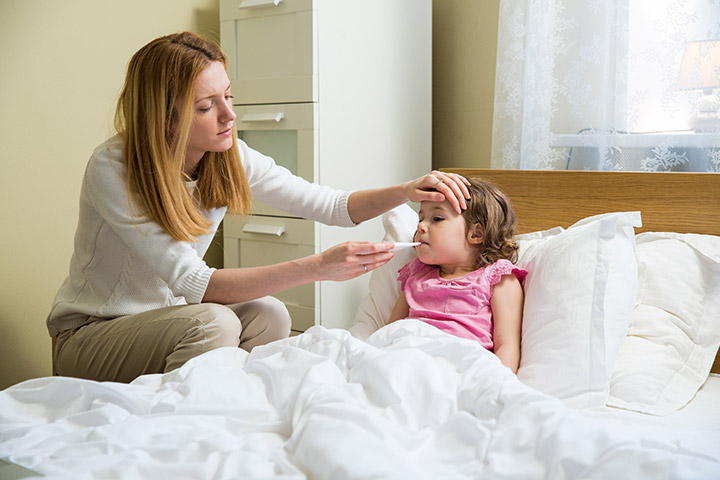“I’m so stupid, I’m so dumb,” I tell myself far too often. When I feel like an idiot because of an ADHD screw-up, it’s important to remind myself to knock off the negative self-talk.
ADHD and Emotions
They’re upsetting, incidents like these. No matter how often people remind you that ADHD is a disorder, that it’s not your fault, ADHD affects every aspect of your life — and every one of your emotions. You lose things, you forget things, and you feel guilty. If you can’t read contempt on other people’s faces, you imagine it. You are the “wifty” one, the flighty one, the one who can’t be trusted to arrive on time. Your impulsivity and awkwardness make it difficult to interact with others, and your social skills are like those of a middle-schooler. It’s hard. Yet this is the reality we women with ADHD live with every day, especially those of us with the inattentive variety of the disorder.
I felt guilty again this week, when I forgot an important appointment. I want to adopt, and to do that, I need a physical. To get a physical, I need a TB test. I felt so proud: I got to the doc’s on time; I remembered my paperwork. All that remained: Return in 48-72 hours to have a nurse look at my arm. But days passed, the TB test drifted out of my mind, and I had other things to do. I woke bolt-upright from a nap at 6 p.m., weeping, because I couldn’t manage the basic skills of “adulting.”
Dissing Myself
The spiral of negative self-talk began, the kind that had my seven-year-old drawing me pictures. This is usual with women with ADHD, especially those diagnosed late. We’ve spent a lifetime being berated: about our disorganization, our lack of common sense, our in-and-out memory. We’ve been berated so often, in fact, that we’ve internalized it. We don’t need a parent or teacher to tell us any more; their words have become our own. I’m so stupid, I thought. I’m so dumb. Why can’t I be more organized? Why can’t I remember things like everyone else? The knowledge that I suffer from a neurological condition doesn’t help. Society has expectations for adult women, and often, I don’t fulfill them.
Those expectations extend into the social realm as well. People expect adult women to act a certain way. When you say you’re going to a friend’s poetry reading, they expect you to be there. But you have an anxiety attack, because you can’t figure out how to fit it into your day, and you stay home. You are missed, and no one understands why you didn’t make it. You’re a flake. Your word can’t be trusted. You know your friends are thinking this, and yet you couldn’t get to that reading. The negative self-talk starts again.
I’m Not Rude — Really!
ADHD also creates trouble with face-to-face interaction. I often seem rude, because I play on my phone while another person talks. I’m listening, but I look like a rude Millennial. Sometimes I get so excited about something that I have to voice it, no matter what’s going on in the conversation, or whose turn it is to talk. I seem rude again — as if I’m not paying attention to the other person’s contribution, as if I don’t care what they have to say. I do. I just have to talk about what I have to talk about, and I have to do it now. Right. Freaking. Now. Later, I realize what I’ve done; I feel rude and stupid. I worry that the other person won’t want to be friends with me. Sadly, sometimes I’m right.It’s difficult to be an adult woman whose brain, by its very nature, doesn’t want to “adult.” Of course, medication helps. But when you can’t meet the basic expectations of adulthood, it’s hard to respect yourself, let alone earn respect from others. The best we can do is to stop the negative self-talk, realize that we have a neurological condition, and forgive ourselves for its manifestations. After all, none of this is our fault





